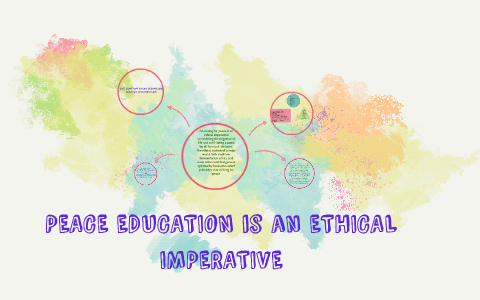Introduction: The Ethical Foundation
In an era marked by rapid technological advancements and societal shifts, the moral landscape is continually evolving. Amidst this flux, schools play a pivotal role in grounding students with a strong ethical foundation. But what does it mean to impart ethical education, and why is it so crucial?
The Essence of Ethical Education
Ethical education isn’t about dictating what’s right or wrong. It’s about equipping students with the tools to critically evaluate situations and make informed decisions based on a set of core values. It’s about nurturing empathy, respect, and understanding.
Why Ethics Matter in Modern Education
- Character Building: Ethical education molds students into individuals of integrity, honesty, and compassion.
- Decision Making: It equips students with the moral framework to navigate complex situations and make decisions that align with their values.
- Social Cohesion: Promoting shared values fosters a sense of community and mutual respect among diverse student populations.
Integrating Ethics into the Curriculum
- Moral Philosophy: Introduce students to the philosophies of great thinkers, from Aristotle to Kant, exploring their perspectives on morality.
- Ethical Dilemmas: Use case studies to present moral quandaries, encouraging students to debate and reflect on potential courses of action.
- Literature & Ethics: Analyze characters and narratives in literature to discuss moral themes and decisions.
Beyond the Classroom: Fostering an Ethical School Environment
- Code of Conduct: Establish a clear code of conduct that reflects the school’s core ethical values, ensuring that it’s consistently upheld.
- Service Learning: Organize community service projects, teaching students the value of altruism and the importance of giving back.
- Peer Mediation: Train students to mediate minor disputes among their peers, promoting understanding and conflict resolution.
The Role of Teachers: Ethical Beacons
- Modeling Behavior: Teachers should exemplify the ethical standards they wish to instill in their students.
- Open Discussions: Create a classroom environment where students feel safe discussing ethical concerns and dilemmas.
- Continuous Learning: Teachers should stay updated on ethical issues in education, attending workshops and seminars to deepen their understanding.
Engaging Parents in Ethical Education
- Parent Workshops: Organize sessions where parents can learn about the school’s approach to ethical education and how they can support it at home.
- Open Communication: Maintain a dialogue with parents about any ethical issues or concerns related to their child.
- Community Values: Collaborate with parents to establish a shared set of values that are reinforced both at school and home.
The Global Perspective: Ethics in a Connected World
- Digital Ethics: In the age of the internet, teach students about online etiquette, privacy, and the ethical implications of digital actions.
- Cultural Sensitivity: Promote understanding and respect for diverse cultures, emphasizing the universal values that bind humanity.
- Sustainability: Discuss the ethical implications of our actions on the environment and future generations.
Conclusion: The Ethical Odyssey
Ethical education is a continuous journey, one that evolves with each generation. By prioritizing ethics and values in education, schools lay the foundation for a just, compassionate, and enlightened society. As educators and parents, it’s our responsibility to guide students on this path, ensuring they emerge as morally grounded, global citizens.


